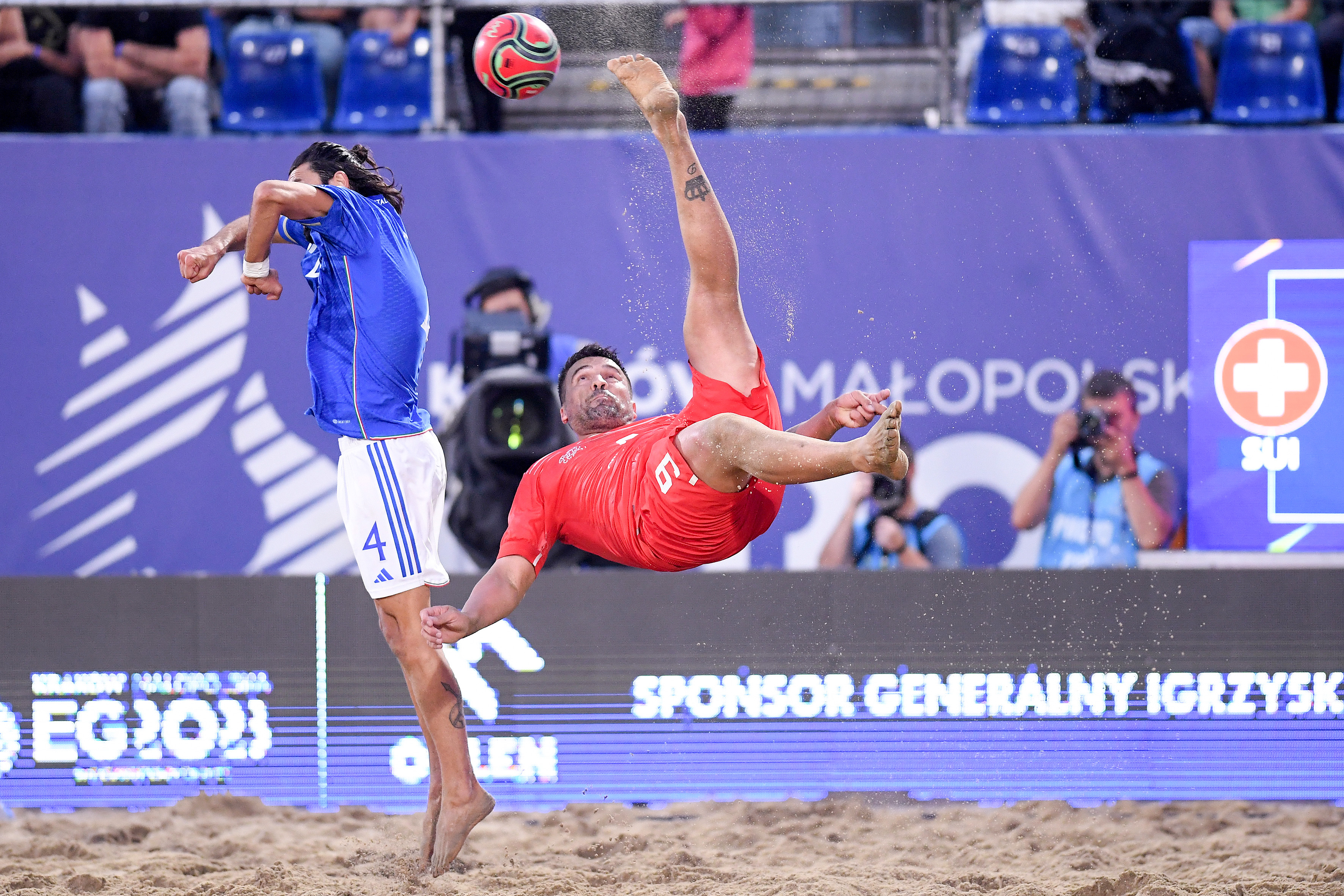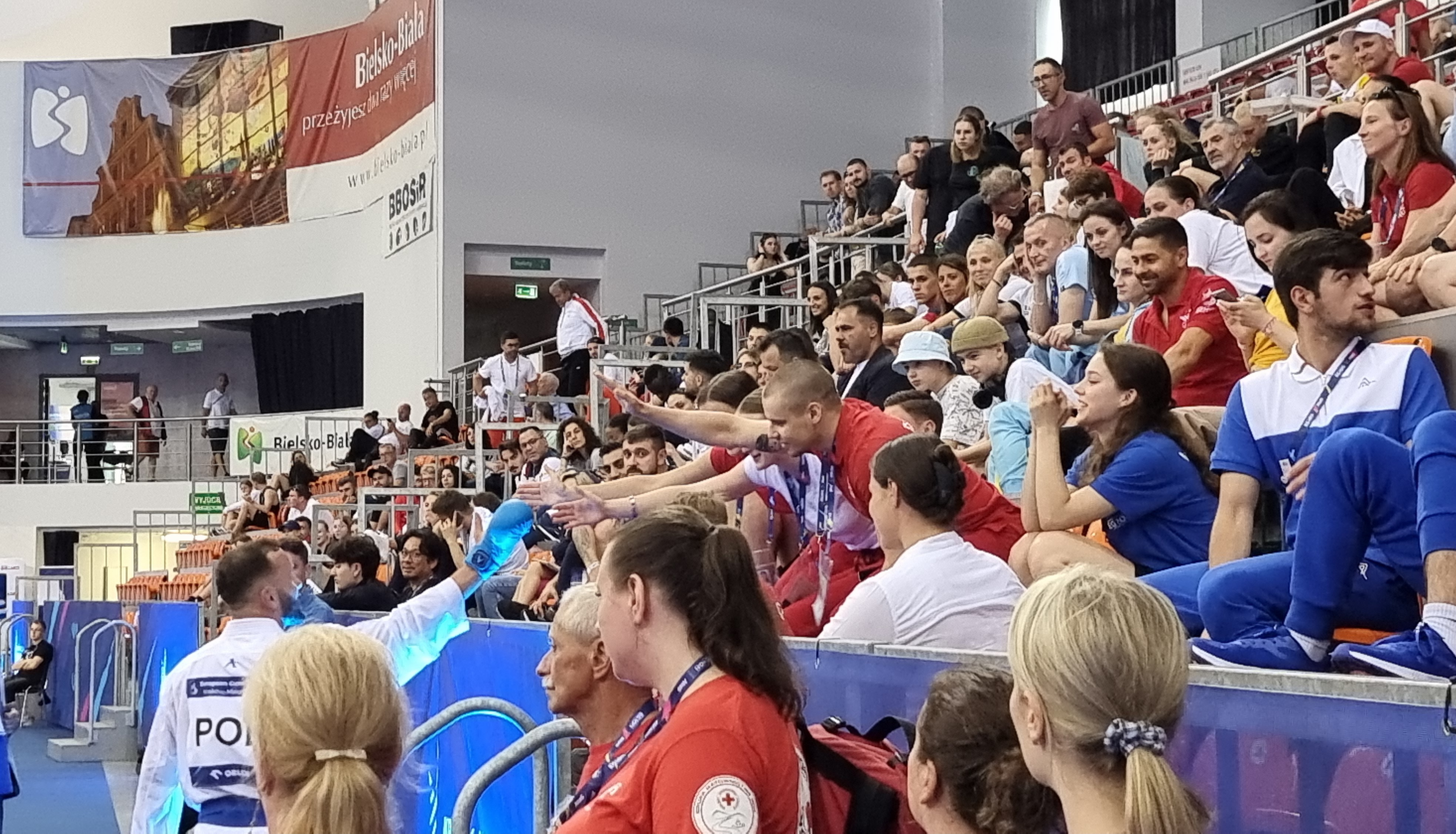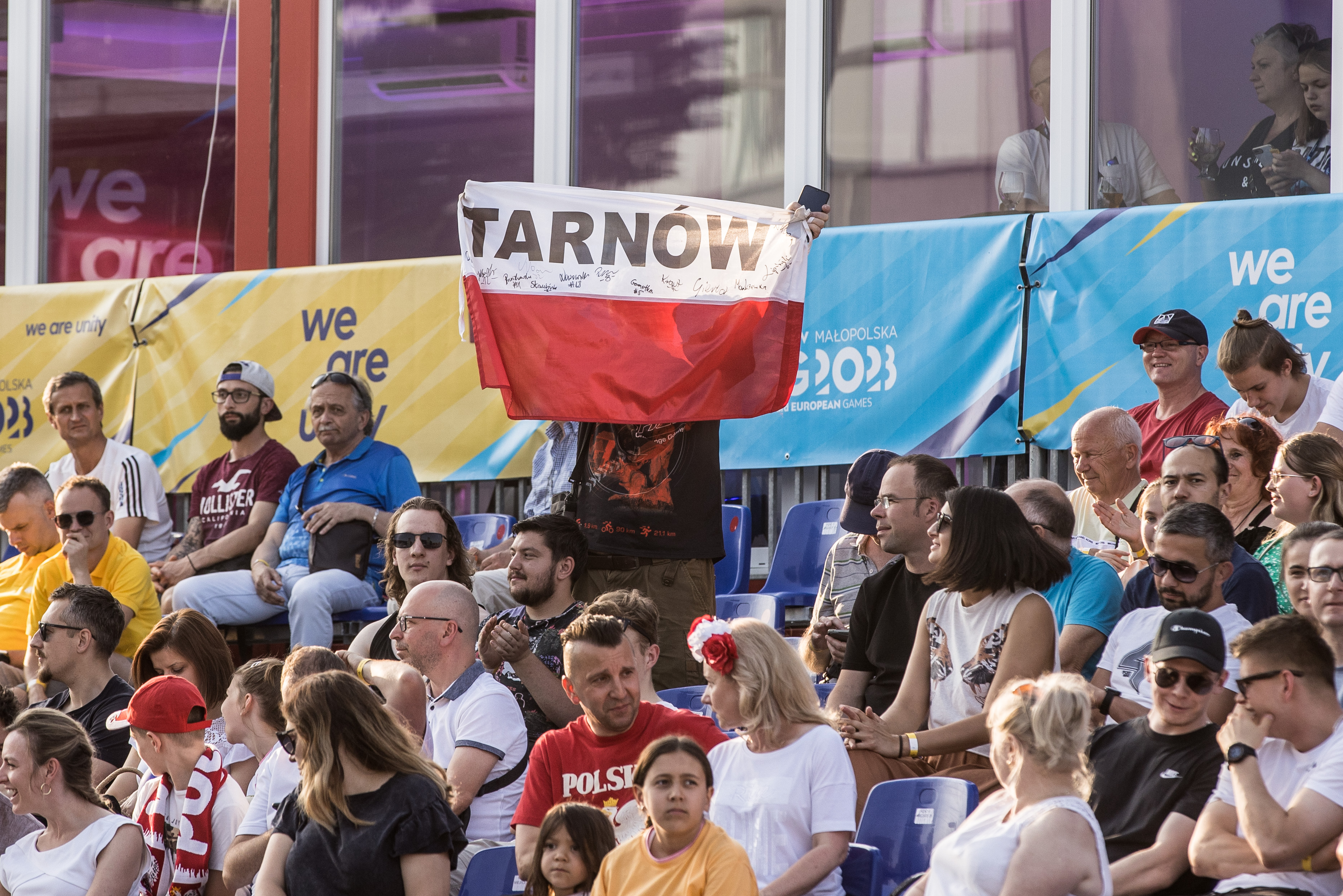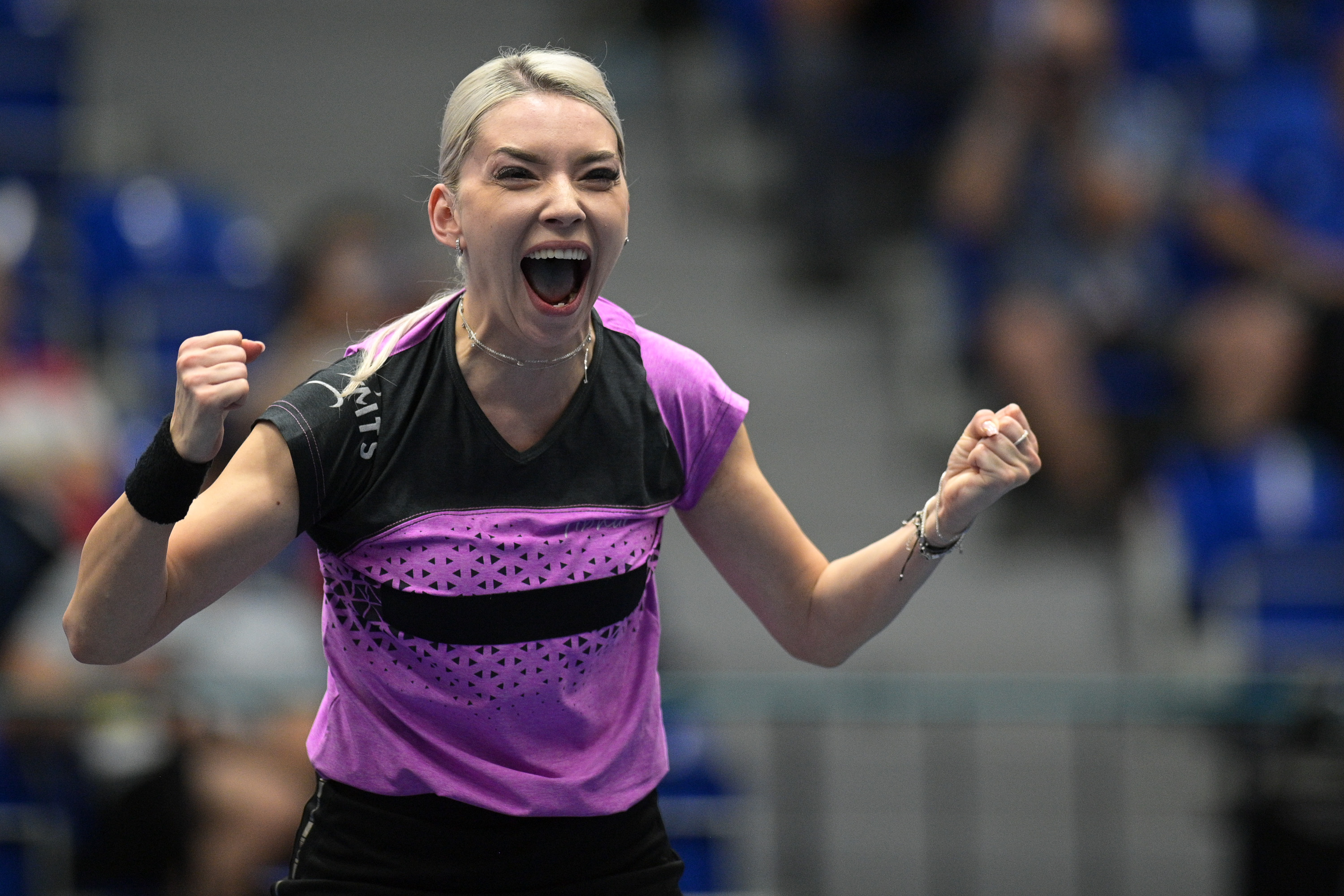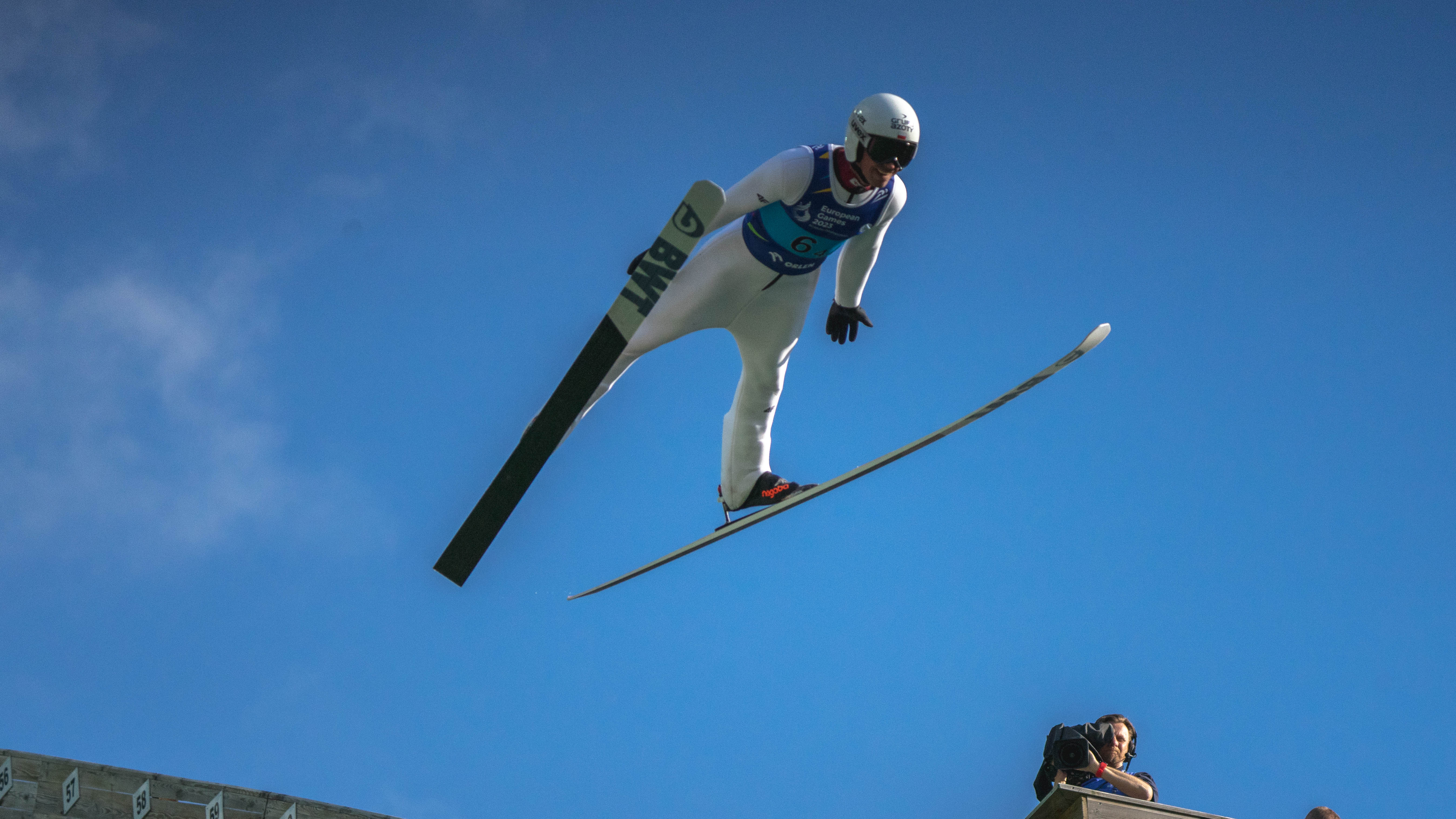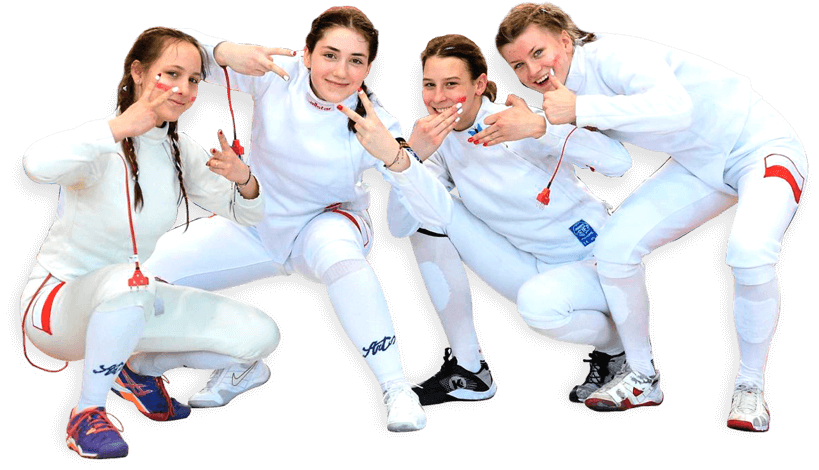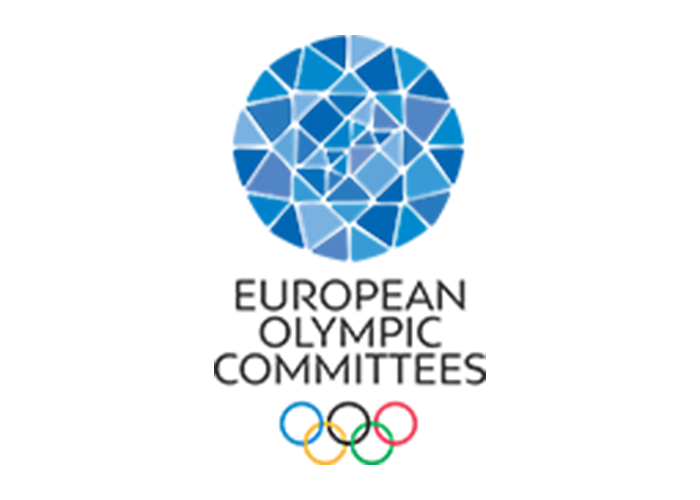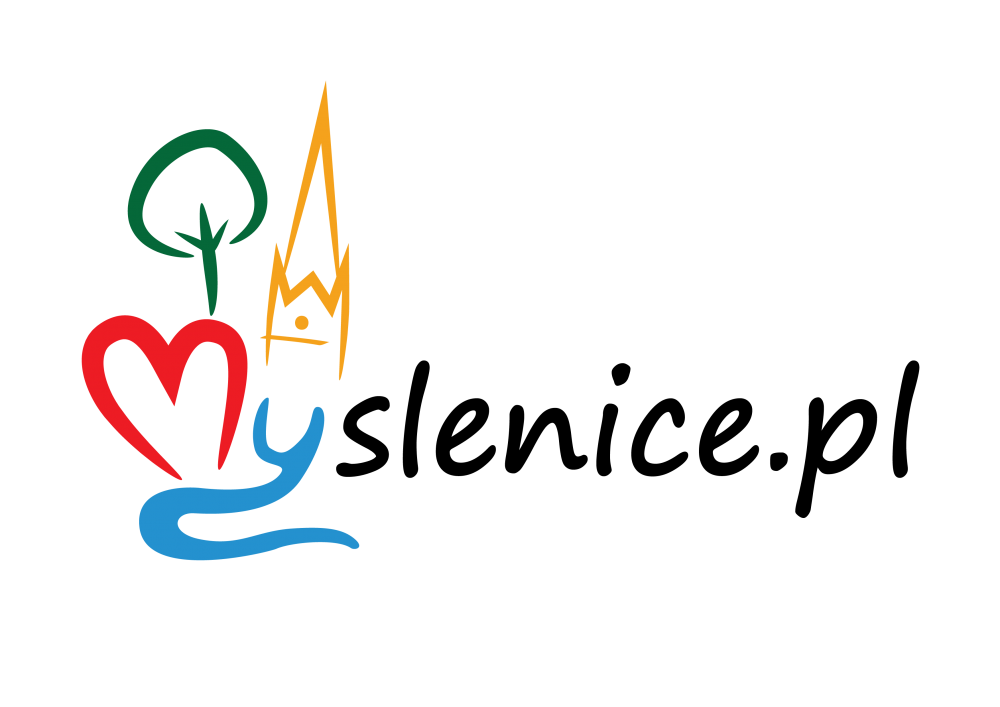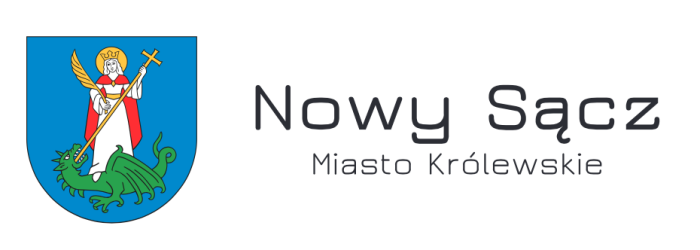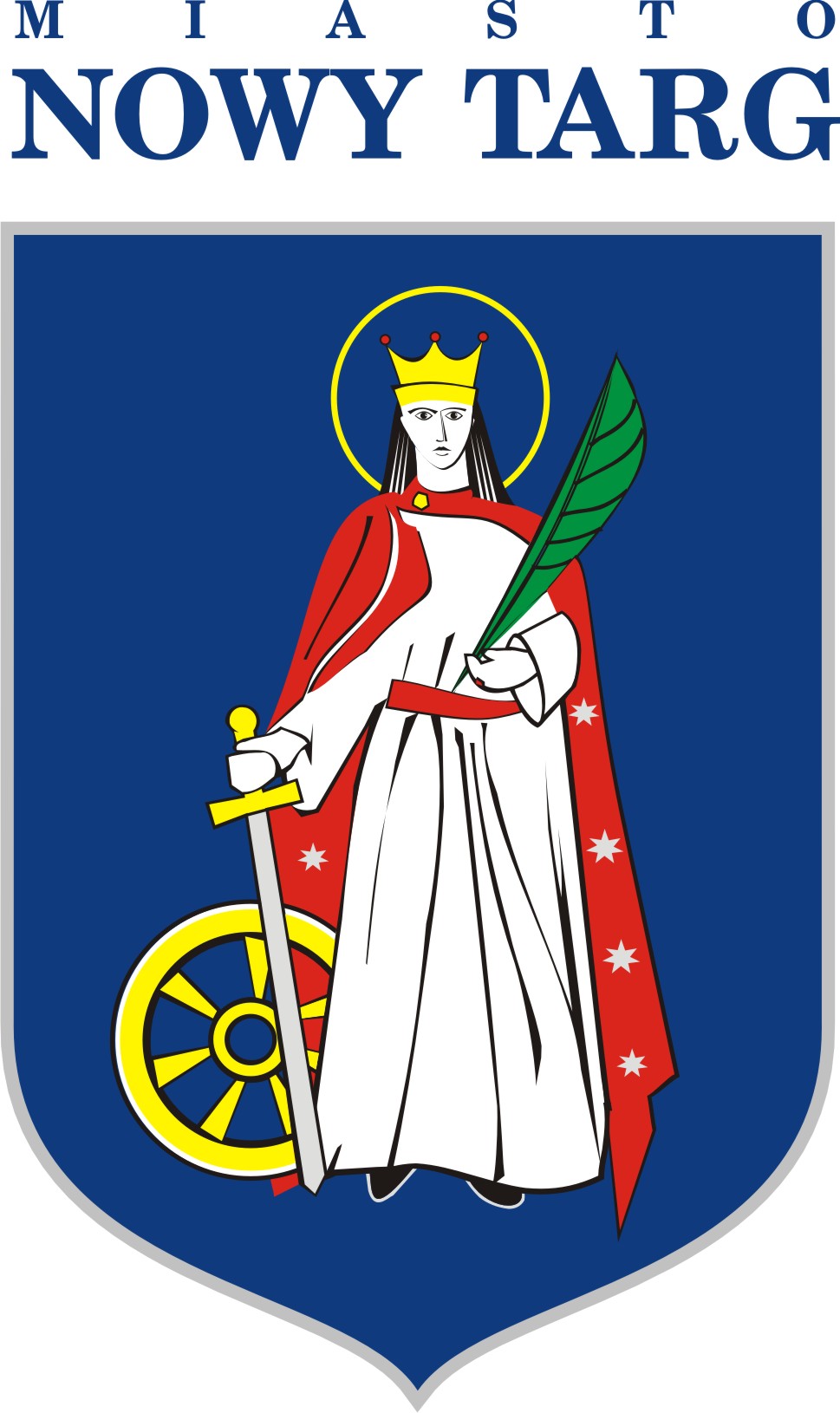An impressive week with badminton
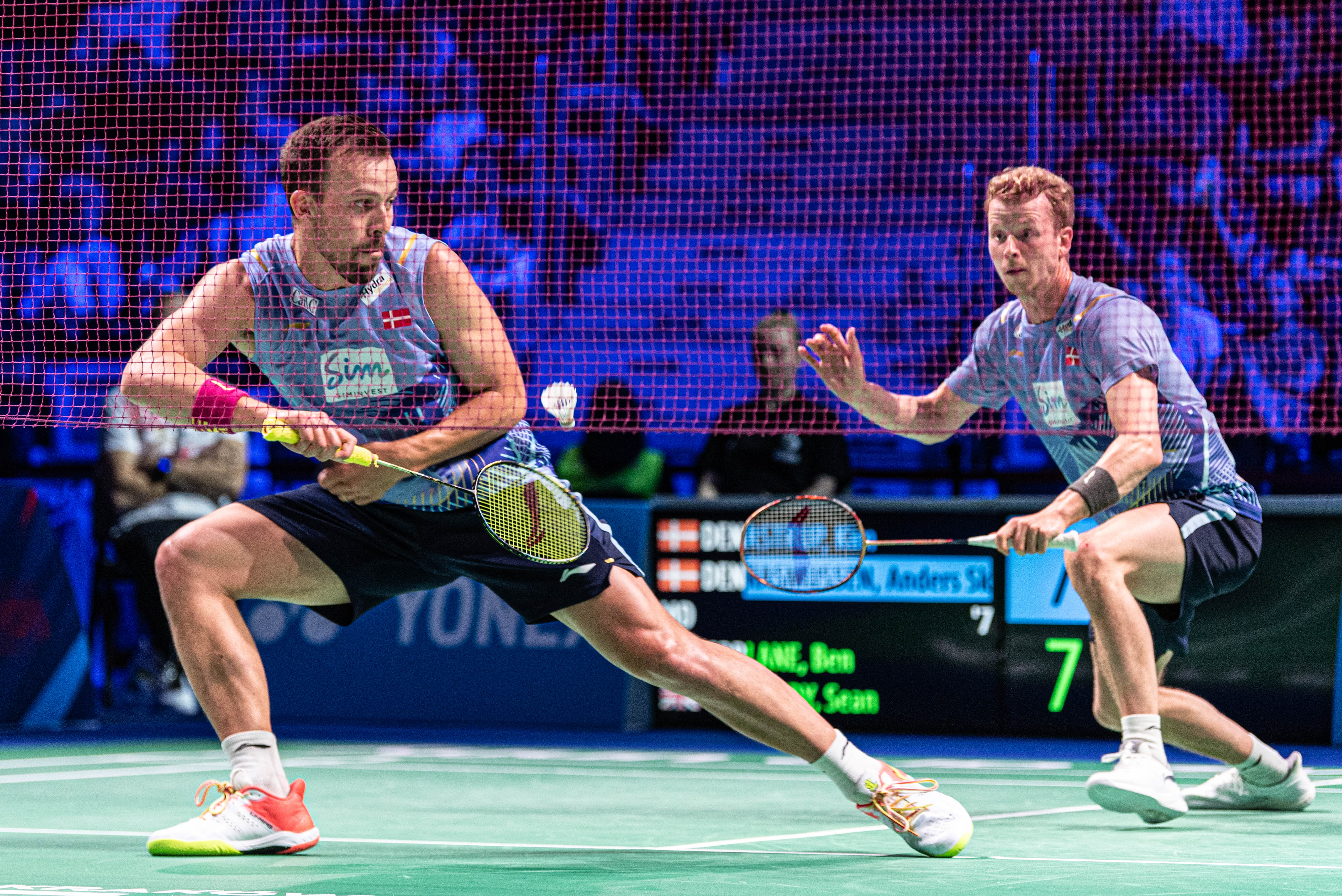
The badminton tournament lasted the longest of all disciplines, played in Tarnow. From Monday to Sunday, each day, fans sitting in the stands, coming from all corners of Poland and even from abroad, were able to get excited by the performances of the best players in Europe. Many of them had contact with the discipline for the first time and, thanks to the excellent organization and level of sportsmanship, they developed a fondness for badminton.
In terms of organization, everything was prepared as expected. The matches were held indoors on three courts in parallel, in addition to which a practice court was available. An important element was the musical setting before each match and the famous dragon dance. The dance with the Krakusek dragon stole the hearts of the European doubles champions themselves – the Stoeva sisters, who, as the favorites of the tournament, rose to the occasion.
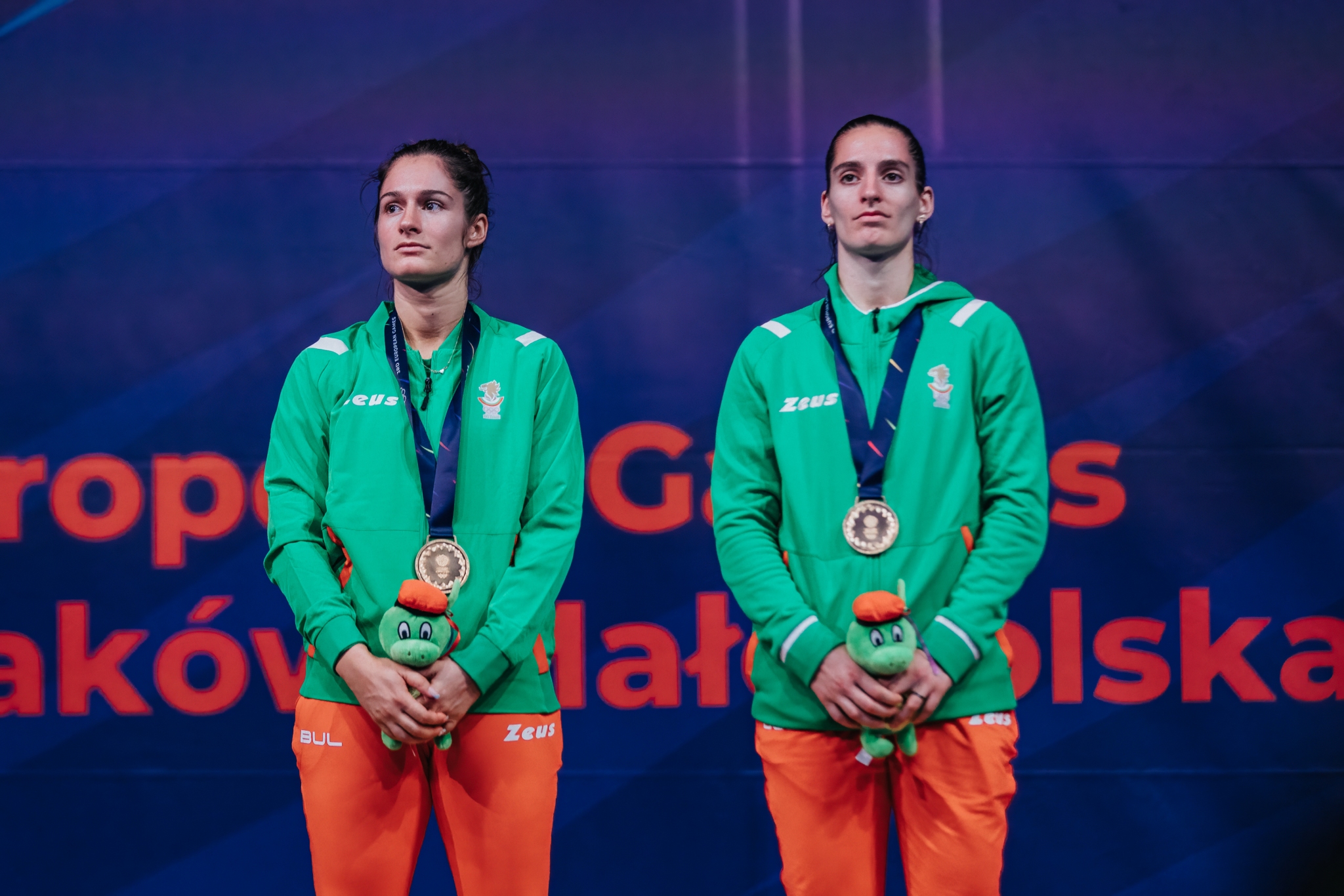
In the men’s competition, the Danes were unrivaled. They, too, praised the conditions in which they competed, the infrastructure and volunteerism. They liked the city of Tarnow itself, where they felt very comfortable.
The atmosphere in the Arena, especially during the last few days, when the medal phase games were going on, was unique. While at the beginning, especially in the morning hours, the attendance was not the highest, during the key matches, it was upbeat.
Groups of fans from Azerbaijan, Hungary, Bulgaria and Denmark, among others, could be spotted in the stands. Their cheering could be heard during the matches of the tournament favorites, but not only. Colorful costumes, headgear and enthusiastic pledging to the sporting struggles attracted attention and set an example for Polish badminton supporters.
The farthest of the Poles went Pawel Smilowski and Magdalena Swierczynska. Our mixed pair fell in the quarterfinals after losing to the English. The rest of the Red and White, both in singles and doubles, ended their performances at the group stage. Dominik Kwinta showed from a good side to the wider audience. The 19-year-old fought as an equal in his final match against Viktor Axelsen, the later gold medalist.
The final skirmish between the Dane and Frenchman Christo Popov was one of the most spectacular in the entire tournament. Axelsen’s initial problems hinted at a surprise, but the routine player did not give up and reached for the medal of the most precious metal. After the match he celebrated the win by sending his racket into the stands. Anyway, one could sense the Danish player’s affection towards the fans every day he played his match.
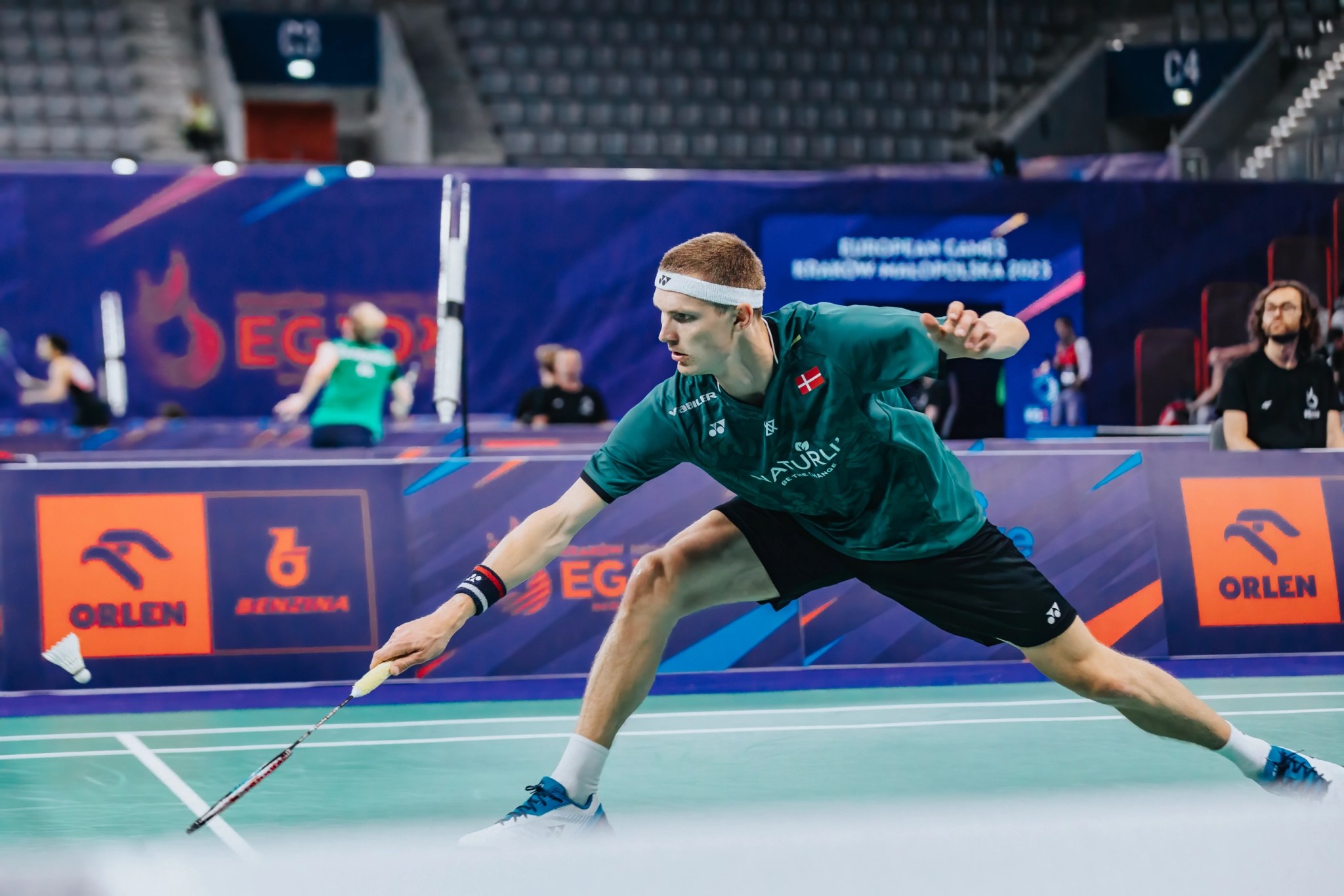
In the singles final, Mia Blichfeldt of Denmark and Carolina Marin of Spain faced each other. This duel was a bit more one-sided and predictable. The Olympic champion claimed another triumph in her career.
Noteworthy, the badminton players were eager to interact with fans and journalists. They posed for photos, handed out autographs, talked about their matches, shared their experiences and assessed the level of organization of the Games. Female doubles players from Ukraine Mariia Stoliarenko and Yelyzaveta Zharka were grateful for such a warm welcome, stressed that they felt at home and appreciated the help that comes from Poland to their country. So it was a friendly, unifying Games, opening up to a slightly more niche discipline. One that will be remembered. The organizers of the badminton competition passed the test singingly, so Arena Jaskolka can successfully organize more tournaments in this discipline, which will appeal to a growing audience.
